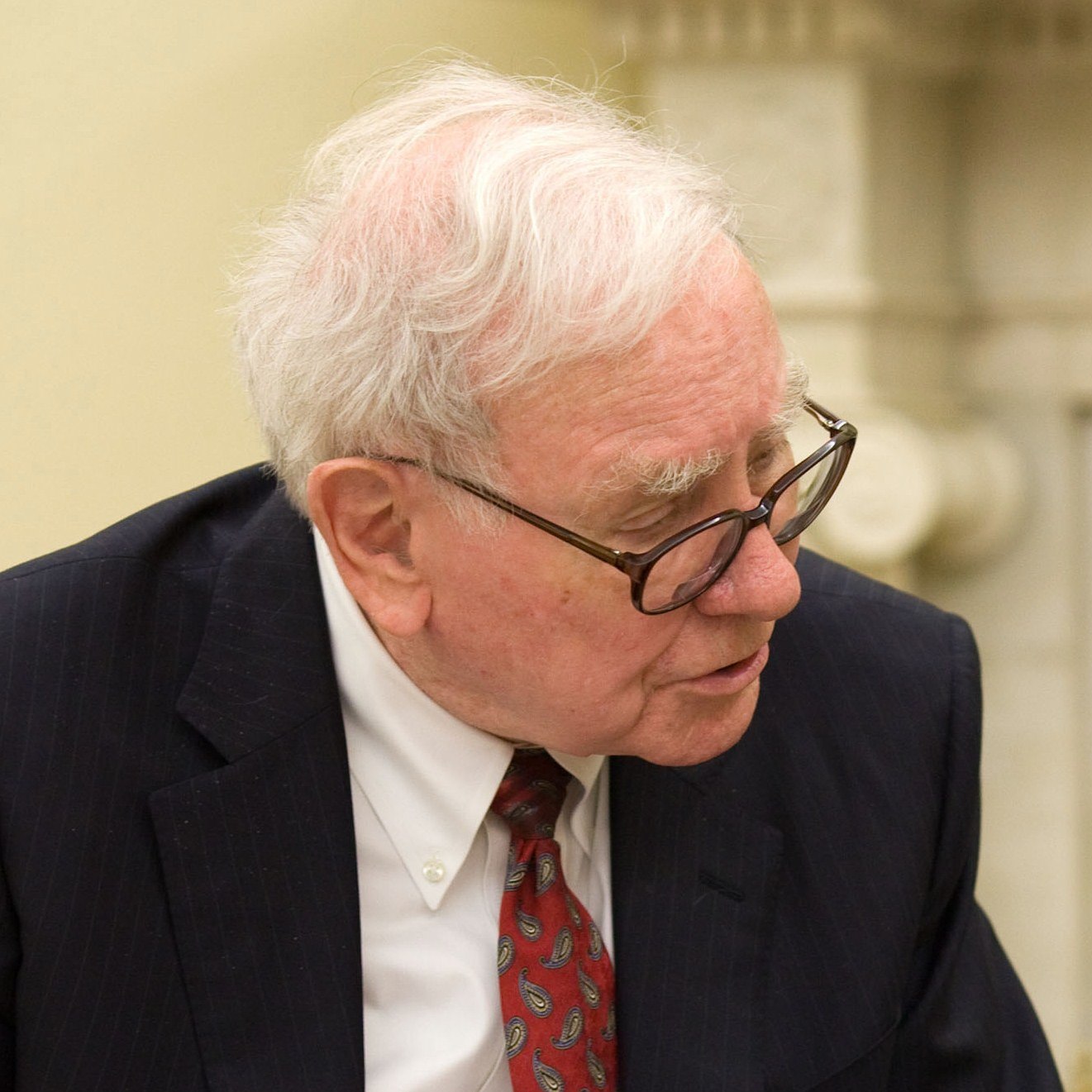
It almost seems hard to believe, but the endless drop in oil and oil stocks seems to be finding its way to some form of normalization. Crude closed out the week of February 26 above $32.00 per barrel. Investors looking for bargains in the oil pact were burned relentlessly in 2015. If oil has stabilized — again if — there may be some stock bargains in the top quality survivors.
Before they get excited here, there is a dire warning that investors in the oil patch better understand. Layoffs will only get worse in 2016. Many oil companies are on the verge of bankruptcy, and many more bankruptcies in the sector almost certainly are coming in 2016 and perhaps beyond. Another risk is that the capital markets are largely closed to oil companies at this time.
24/7 Wall St. reviews dozens of analyst research reports each day of the week. That ends up being hundreds each week. After looking at all of these Buy, Sell and Hold ratings, there are always some interesting calls that need to be highlighted. Most analyst calls in the oil patch and energy sector are still downgrades or come with lower earnings and price target projections.
We are starting to see a few calls that are standing out with Buy ratings again. This is not just analysts defending a stock on the way down with unrealistic valuations. Some analysts are starting to declare bottoms and are seeing serious value for those investors who can look out in 2017 or beyond. Before buying into the value or bottom notion blindly, just keep in mind that these calls all may look silly if oil slides back toward $25 (or worse). These were some of the most solid energy sector calls seen in the week of February 26.
The first two oil giants that have to be considered are Exxon Mobil Corp. (NYSE: XOM) and ConocoPhillips (NYSE: COP). Roger Read of Wells Fargo revised estimates on the two top picks with Outperform ratings, but ConocoPhillips was added to the top picks list in place of Occidental Petroleum Corp. (NYSE: OXY).
For Exxon Mobil, Read raised the firm’s price-to-earnings (P/E) multiple to 20 times from 18 times and raised the valuation range to $89 to $98. He thinks Exxon is one of the best capitalized companies and is in a position to pursue acquisitions with better than full-cycle returns on investment. Read has earnings per share (EPS) estimates as follows: $1.88 in 2016, $3.81 in 2017 and $4.66 in 2018.
On ConocoPhillips, Read thinks it is not out of the woods yet, likely outspending cash flow in 2016 and with credit rating downgrades looking likely cutting the dividend by 65%. Wells Fargo’s new EPS estimates are -$2.86 in 2016, $1.27 in 2017 and $2.79 in 2018. Read’s report said:
We see a clear path for ConocoPhillips to generate free cash flow along with a modest increase in Lower 48 capex by 2017. We are raising our valuation range slightly to $40 to $44 from a prior $39 to $43 on slightly higher 2018 EPS estimate, which adjusts for slightly lower operating expense assumptions.
Kinder Morgan Inc. (NYSE: KMI) again finds itself in the spotlight. Credit Suisse pretty much outlined why Kinder Morgan almost couldn’t go any lower in a call at the end of January. This past week came a call from Stifel. The firm reiterated its Buy rating and raised its target price to $19.00 from $17.00. Stifel sees Kinder Morgan generating roughly $800 million in excess cash flow, even after funding its own organic growth prospects.
Stifel also sees Kinder Morgan’s dividend staying flat at $0.125 and keeping a coverage ratio of roughly 4.1. Noted as well was a positive coverage versus its growth capital budget this year. At $17.76 on Friday’s close, Kinder Morgan shares closed out the week up 2.2%. Its consensus analyst target is $20.50, and its 52-week range is $11.20 to $44.71.
Phillips 66 (NYSE: PSX) already has a fan following due to Warren Buffett’s big stake. Last week Phillips 66 was reiterated as Buy with a price target of $96.00. This was up from a prior $80.09 close. Argus did lower its 2016 EPS estimate to $6.73 from $7.40, but this was slightly above the consensus forecast of $6.71. The Argus note said:
We believe that Phillips 66 deserves to trade at a greater premium to other refining companies based on its diversified business model, strong cash generation, and focus on dividend increases and stock buybacks. Our target price of $96 represents a total potential return, including the dividend, of 23% from current levels.
Phillips 66 closed out the week with a $79.10 close that left it with a 1.2% loss for the week. The consensus price target is $93.82 and the 52-week trading range is $69.79 to $94.12.
Though Encana Corp. (NYSE: ECA) closed out the week strong, with a 5% gain to $3.95 on Friday alone, it was actually up some 26% from the prior week. Jefferies already had a Buy rating on Encana, but the firm added the stock to its Franchise Picks List last week.
The $8 price target from Jefferies would still leave an implied 100% upside, if the call lives up to expectations. Encana is now said to be a well-funded outfit with high-quality assets, and trading at a sharp discount to its $8 implied value.
Jefferies said it is an “edgier pick” due to current leverage and risk to closing its DJ sales. The attraction here was threefold: the strength of its Midland Basin crown jewel asset, capital efficiency with minimal output declines despite a reduced budget and providing detail on the lack of a need for equity funding.
S&P Capital IQ has a Buy rating on Encana as well, but its report last Thursday had just a $5.00 price target. That comes with a High risk assessment rating. The firm’s report said:
Encana is positioning itself to take advantage of an eventual rebound in commodities. ECA has shown its ability to cut costs, and pay down debt via noncore asset sales. Longer term, we still favor ECA’s move toward more liquids exposure, and the Athlon deal has accelerated the transition. … Our risk assessment reflects ECA’s recent transformation to a more liquids-focused production profile, at a time when crude oil prices have retreated significantly from a cyclical high over most of the last decade.
RBC Capital Markets also chimed in later in the week on Encana. The rating is a mere Sector Perform, rather than Outperform, but RBC raised its price target to $8 from $7. Encana has a consensus analyst target of $7.77 and a 52-week range of $3.00 to $14.73.
After posting a loss, Superior Energy Services Inc. (NYSE: SPN) had many analyst calls this past week. Despite the many analyst target cuts, the ratings that we saw were mostly maintained positive. Superior’s earnings report indicated that its long-term strategy of disciplined geographic expansion remains unchanged, and it has to emphasize near-term priorities of cost reduction and cash preservation as it sees prolonged industry weakness. The company itself said:
Our efforts along these lines include identifying further opportunities internally for restructuring and reducing our 2016 capital plans significantly from 2015 levels. We expect 2016 capital expenditures to be within operating cash flows and concentrated on maintenance related activities.
These other analyst calls on Superior were seen as well:
- Credit Suisse has an Outperform rating but lowered its target to $12 from $17.
- Deutsche Bank has a Buy rating but lowered its price target from $19 to $15.
- Evercore ISI has a Buy rating but lowered its price target to $12 from $17.
- JPMorgan has an Overweight rating but lowered its target price to $13 from $16.
- Raymond James has a Strong Buy rating but lowered its price target to $11.50 from $13.
If you want a balancing call, S&P Capital IQ maintained its Sell rating and lowered its target to $8 from $13 last week.
Superior Energy hit a 52-week low of $8.25 (versus a 52-week high of $26.95), but its stock rose almost 8% to $9.74 on Friday. That actually allowed Superior Energy’s shares to post a 6.7% gain for the week.
Thank you for reading! Have some feedback for us?
Contact the 24/7 Wall St. editorial team.
 24/7 Wall St.
24/7 Wall St. 24/7 Wall St.
24/7 Wall St.


